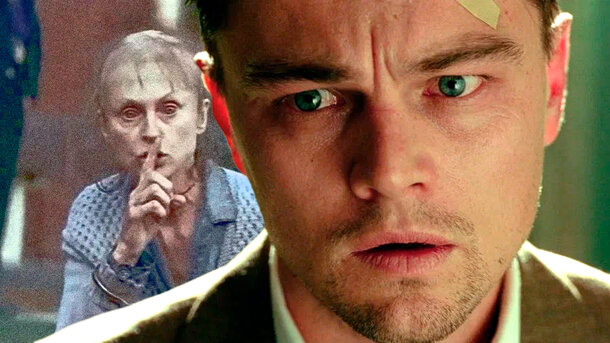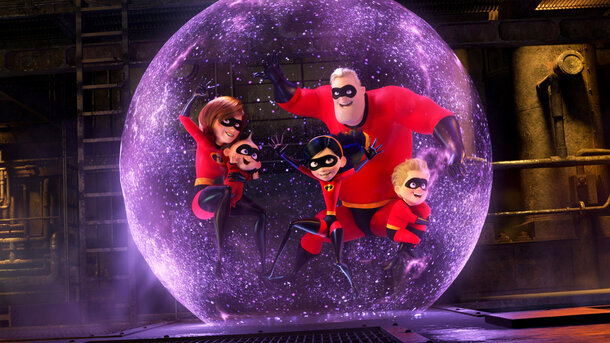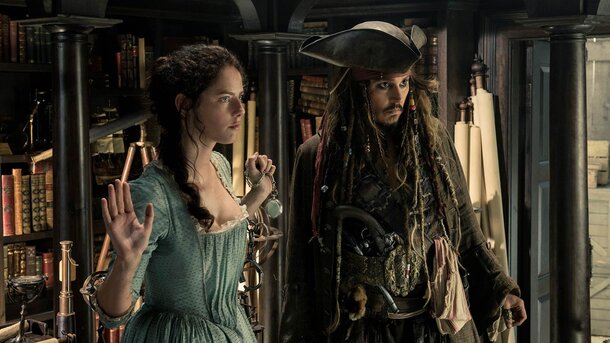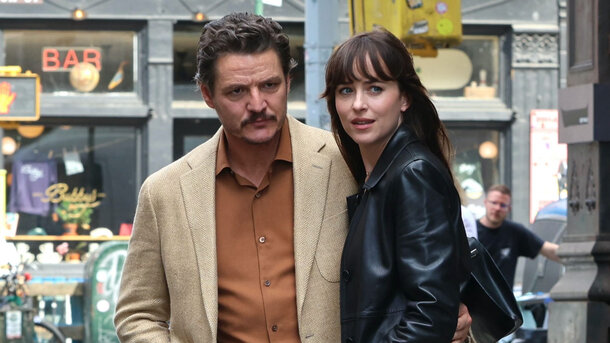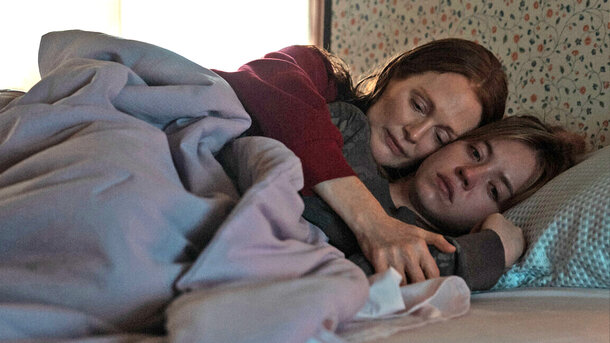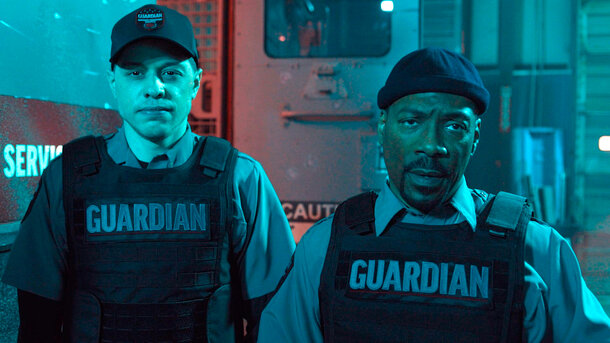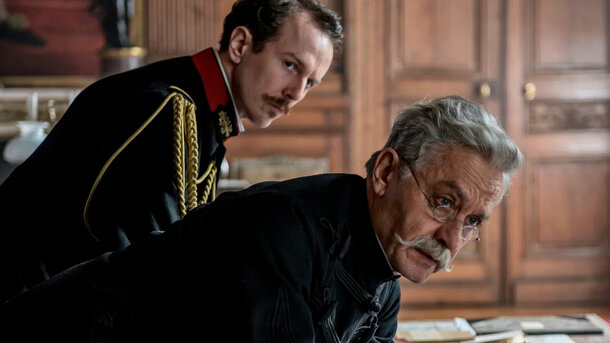Fifteen years after its release, Shutter Island remains one of the most perplexing psychological thrillers of all time. Directed by Martin Scorsese and starring Leonardo DiCaprio, the 2010 film continues to spark debate over its shocking conclusion.
DiCaprio plays Edward 'Teddy' Daniels, a U.S. Marshal investigating a disappearance at Ashecliffe Hospital, a high-security psychiatric facility. Alongside his partner, Chuck Aule (Mark Ruffalo), he arrives on the island to track down Rachel Solando, a missing patient. However, as their investigation unfolds, Teddy becomes increasingly convinced that the hospital is hiding dark secrets — including the whereabouts of a mysterious man named Andrew Laeddis.
The Truth Behind the Twist
As the film reaches its climax, the shocking truth is revealed: Teddy is, in fact, Andrew Laeddis, a long-term patient at Ashecliffe. His persona as a U.S. Marshal was a fabricated delusion, a defense mechanism to avoid the painful reality of his past.

Dr. John Cawley (Ben Kingsley) and Dr. Lester Sheehan, who had been posing as his partner Chuck, explain that they orchestrated an elaborate role-playing experiment in an attempt to bring Andrew back to reality. The truth? Andrew had killed his wife, Dolores Chanal (Michelle Williams), after she drowned their three children during a psychotic episode.
Despite momentarily accepting the truth, Andrew seemingly regresses the following morning, addressing Dr. Sheehan as "Chuck" once again. This prompts Sheehan and Cawley to exchange a knowing glance, signaling that Andrew is beyond saving and will be subjected to a lobotomy.
Did Andrew Choose His Fate?
One of the film’s most debated moments is Andrew’s chilling final line: "Which would be worse? To live as a monster or to die as a good man?"

This ambiguous statement leaves viewers questioning whether Andrew had truly relapsed or if he chose to feign insanity, preferring to undergo a lobotomy rather than live with the guilt of his past.
According to Dennis Lehane, author of the novel the film is based on, Andrew has a fleeting moment of clarity before letting go of reality once more. Psychiatric expert James Gilligan, however, suggests Andrew was fully aware of his actions, opting for a passive form of suicide by allowing himself to be lobotomized.
A Legacy of Unanswered Questions
As the film concludes, Andrew is led away, his fate sealed. Whether he truly lost himself to his delusions or made a conscious decision remains one of cinema’s greatest mysteries — one that keeps Shutter Island as haunting and thought-provoking as ever.
